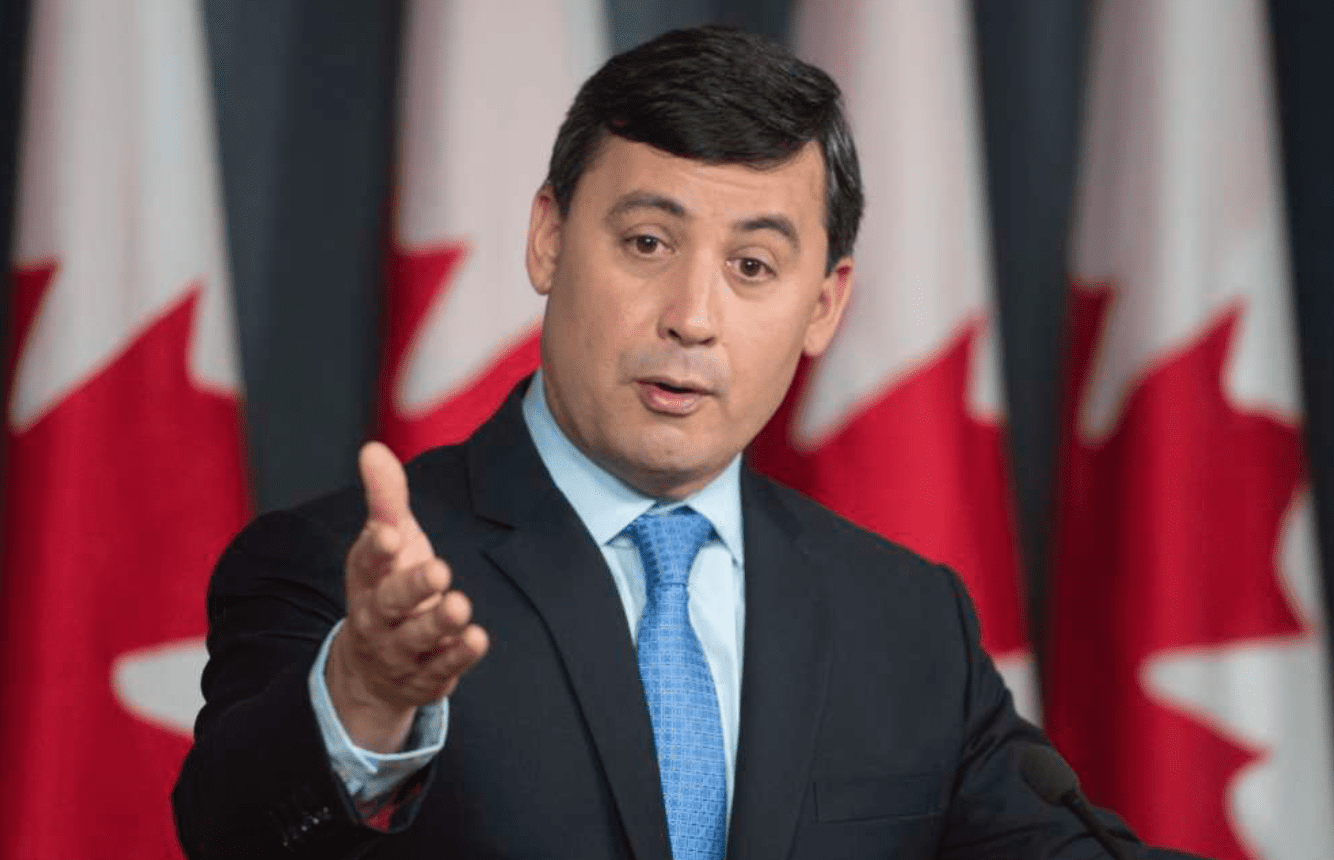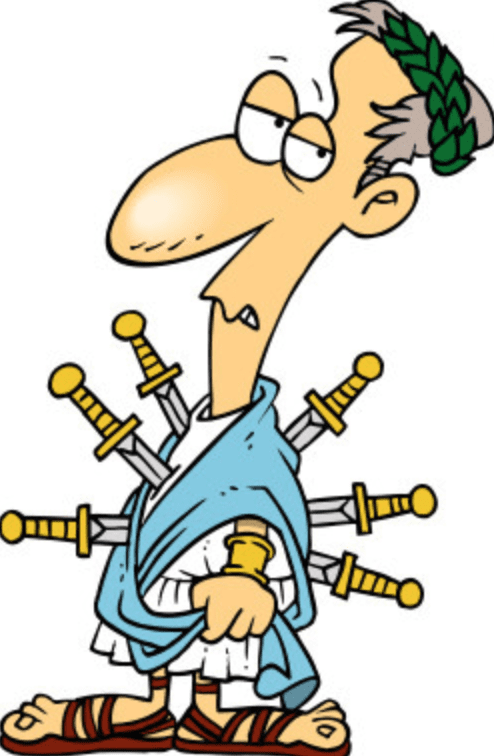In what now seems like an inevitability, the leader of the Conservative Party of Canada, Andrew Scheer, has offered up his resignation.
Despite winning more votes than the governing Liberals, whilst also increasing the party's seat count, Scheer nonetheless failed in the last election to capitalize on the growing disenchantment with Justin Trudeau and his government.
Countless reasons can be cited to explain Scheer's failure at usurping the Liberals.
For starters, the Conservatives ran a completely uninspiring election campaign.
They also didn't even bother to produce a credible environmental platform to address the ever increasing dangers of climate change.
Furthermore, Scheer's leadership in particular proved a detriment to the party's fortunes. His visible discomfort discussing social issues like LGBTQ equality and women's reproductive rights hindered his appeal. And of course, any remaining momentum Scheer might have had was effectively squashed after news broke that he possessed duel Canada-US citizenship and had also lied on his resume, prior to his entry into political life.
It was no wonder then that the Conservatives were defeated. And as the leader of the party, Scheer rightfully was the one to shoulder the majority of the blame.
Continuing on with his leadership in tact was always going to be a difficult act for Scheer to manage. But any fight Scheer had left inside himself was certainly extinguished after reports were leaked alleging that he had used party funds to pay for his children's private school education.
Coincidently or not, Scheer announced his resignation within 24 hours that the story broke, though he will remain as leader of Her Majesty's Loyal Opposition until the day a new replacement is chosen.
It takes a great deal of nerve to throw ones hat into the circus ring that is political life. And for that, Scheer deserves credit.
However, politically speaking, Scheer's resignation is positive news for his party and its electoral prospects in the next election. At least if party members don't squander the opportunity for reflection, as they did last time they held a leadership convention in 2017.
By now, Conservatives should know that if they are ever to prove victorious in future elections, they will have to address the lingering policy issues that have persistently plagued the party. These issues include the Conservative's unease on LGBTQ equality, their lack of meaningful action on tackling climate change, and the party's flirtation with anti-immigrant, anti-refugee rhetoric.
Whether or not the party resolves these issues will only be made clear upon the selection of a new leader and the direction in which he/she chooses to lead the party.
While the Conservatives do have a number of candidates who are capable of addressing these issues and leading the party towards modernization, there is one Member of Parliament in particular who already stands heads above all others in this regard.
His name is Michael Chong.
As the son of a first generation immigrant family, Chong understands more than most the aspirations and challenges of the millions of recent immigrants who have come to Canada.
Perhaps as a result of this insight, as well as sheer principle, he was one of the only Conservative MPs to vote in favor of Motion 103; a non-binding motion condemning Islamophobia.
Not only was it the right thing to do, but Chong's outspoken efforts to condemn racial and religious discrimination also has the political benefit of shoring up immigrant support in the voter rich suburb communities outside some of Canada's largest cities. That's something the Conservative's would surely benefit from in the coming election.
As a social moderate, Chong would also strengthen another of the Conservative's weakest flanks. Chong supports same-sex marriage, has marched in Toronto's Pride Parade, and has even voted in support of the Liberal's efforts to legislate on physician assisted suicide. Unlike Andrew Scheer who never appeared comfortable on any of these issues, Chong would have no such troubles.
Finally, Chong has displayed some strong convictions in his proposals to address climate change. As a leadership contender back in 2017, Chong took the bold stance of embracing a revenue neutral carbon tax as part of his platform. He did so even though he knew he would face fierce criticism from members of his own party for such a stance. If party members ever come around in support of Chong and his environmental plan, it would certainly end any lingering doubts that the Conservative party is a laggard on the climate change file.
On all three of the Conservative's weakest fronts, Chong would provide a steady defense from Liberal attacks, if not a compelling alternative for many voters.
Of course, Chong hasn't yet stated his intentions in running again, though, he hasn't yet ruled it out either. If he does decide to compete, he will most certainly have another uphill battle ahead of him. After all, he only placed 5thby the time the polls were counted two years ago.
But perhaps after their recent, unnecessary loss, primarily by selecting a leader like Andrew Scheer, Conservative members will have some second thoughts on Chong.
Only time will tell.
Photo Credit: Trent Arthur








